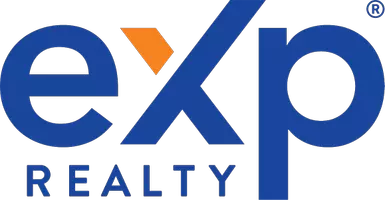Buying A Home: The Mortgage Process With Corey Scott
In this article, we will discuss the mortgage process with Corey Scott, a mortgage expert based in Maine. Corey will walk us through the pros and cons of different types of loans, such as conventional loans and FHA loans. He will also explain the different levels of pre-approval and the steps involved in getting a mortgage and closing on a home.
Pros and Cons of Conventional Loans and FHA Loans
The pros and cons of conventional loans and FHA loans. Over the past few years, conventional loans have been the most popular choice for borrowers, accounting for 99% of transactions. Conventional loans are typically for clients with higher credit scores and larger down payments.
On the other hand, FHA loans are more lenient when it comes to credit scores and debt-to-income ratios. They also have lower payments, rates, and private mortgage insurance (PMI) compared to conventional loans.
FHA loans can be a great option for those looking to start investing in multi-family properties. With an FHA loan, borrowers can purchase a three or four-unit property with only a 3.5% down payment. This is a significant advantage for first-time investors who may not have a large amount of money saved up. Additionally, living in one of the units allows borrowers to see if they enjoy being a landlord and owning multiple properties before committing to a larger down payment.
Levels of Pre-Approval
- Pre-qualification is the lowest level of the approval process. It is a generic assessment based on the information provided by the borrower, such as income and savings. Pre-approval, on the other hand, involves collecting all the necessary documents and running them through an underwriting system to ensure that everything aligns with what the borrower initially stated. This level of pre-approval provides a more accurate assessment of the borrower's financial situation.
- The concept of pre-underwriting is becoming more common. Pre-underwriting involves submitting all the required documents to an underwriter before finding a house. This allows borrowers to have everything reviewed and signed off on, giving them an advantage when making an offer. It shows the seller that the borrower is serious and has already gone through the necessary steps to secure financing.
The Steps to Closing
Once an offer is accepted and the borrower is under contract, the steps involved in getting to the closing. There is a lot of work is done behind the scenes before the offer is accepted. This includes ordering an appraisal to ensure the property's value aligns with the purchase price and conducting title work to ensure there are no liens or issues with the property.
During this time, inspections are also conducted, and negotiations may take place between the buyer and seller. Having a team of experienced professionals, including a lender and a real estate agent, is crucial during this process. Their expertise and knowledge can help navigate any issues that may arise and ensure a smooth closing.
Once all the necessary reports and inspections come back clean, the lender will provide the borrower with the message they love to hear: "You're clear to close." At this point, a settlement statement is provided, and the closing is scheduled. While this ideal scenario doesn't always happen, working with a team of experienced professionals increases the chances of a successful closing.
Post-Closing Consultations
After the house closes and the borrower starts making mortgage payments, Corey explains that his team continues to keep an eye on the borrower's situation. They monitor interest rates and reach out to clients when it may be a good time to refinance. They only recommend refinancing if it makes financial sense for the borrower based on their current situation.
It concludes the interview by emphasizing that it's never too early to call when considering buying a home. The consultation process can take some time, so it's best to start early. It also mentions that having at least 30 days before needing to make an offer is ideal, but they can work with shorter timelines depending on the borrower's situation.
To get in touch with Corey and his team, interested buyers can call 207-400-7750 or send an email to Corey at csteam@harborone.com.
In summary, Corey Scott provides valuable insights into the mortgage process, including the pros and cons of conventional loans and FHA loans, the different levels of pre-approval, the steps involved in getting to closing, and the importance of working with an experienced team.
Categories
Recent Posts
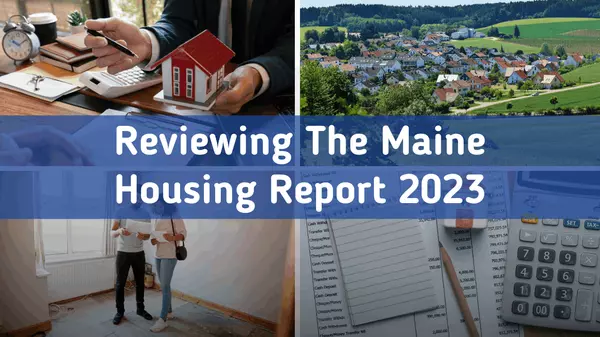






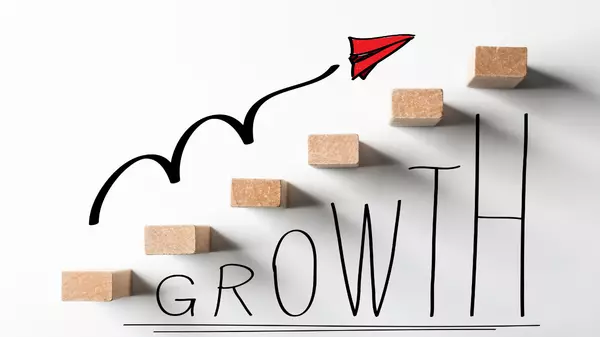
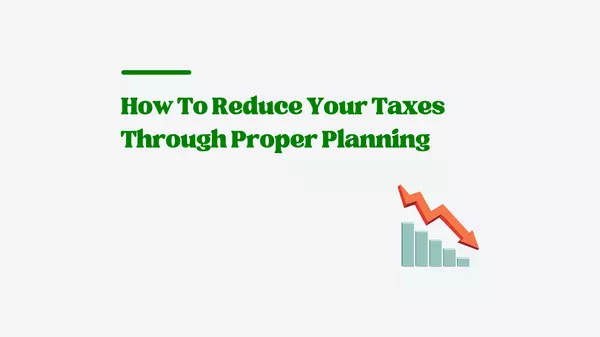
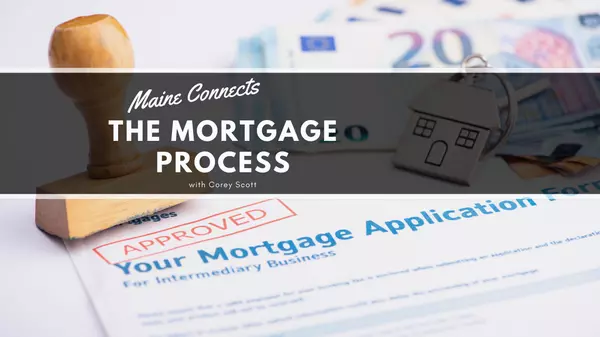

"My job is to find and attract mastery-based agents to the office, protect the culture, and make sure everyone is happy! "
harrison@theevolutionnetwork.com
112 Main Street, Suite 202, Biddeford, ME, 04005, USA
